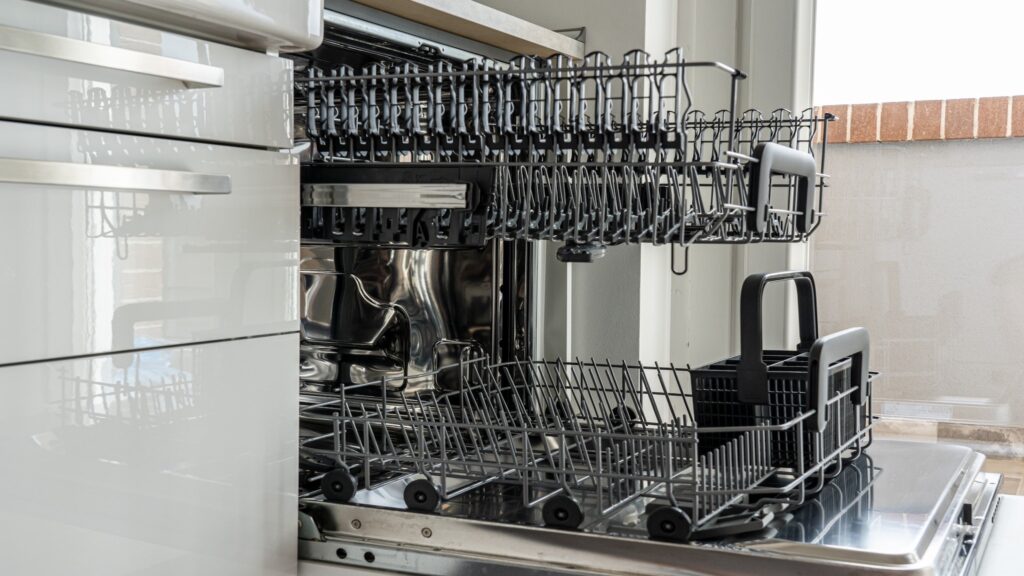
A potentially pathogenic fungus has found a home living in extreme conditions in some of the most common household appliances, researchers have found.
A new paper published in the British Mycological Society journal, Fungal Biology, published by Elsevier, shows that these sites make perfect habitats for extremotolerant fungi (which includes black yeasts). Some of these are potentially dangerous to human health.
Modern living comes with an increasing need for electrical household equipment such as dishwashers, washing machines and coffee machines. A characteristic of these appliances is a moist and hot environment. In the case of dishwashers, high temperatures between 60º to 80ºC are intermittently produced and aggressive detergents and high concentrations of salt are used in each washing cycle.
The article focuses on the occurrence of potentially pathogenic fungal flora located in dishwashers, over a sample of private homes from 101 cities on 6 continents. 62% of the dishwashers contained fungi on the rubber band in door, 56% of which accommodated the polyextremotolerant black yeasts Exophiala dermatitidis and E. phaeomuriformis. Both Exophiala species showed remarkable tolerance to heat, high salt concentrations, aggressive detergents, and to both acid and alkaline water. This is a combination of extreme properties not previously observed in fungi.
Exophiala dermatitidis is rarely isolated from nature, but is frequently encountered as an agent of human disease, both in compromised and healthy people. It is also known to be involved in pulmonary colonization of patients with cystic fibrosis, and also occasionally causes fatal infections in healthy humans. The invasion of black yeasts into our homes represents a potential health risk.
The discovery of this widespread presence of extremophilic fungi in some of our common household appliances suggests that these organisms have embarked on an extraordinary evolutionary process that could pose a significant risk to human health in the future.
 How a deadly fungus evades the immune system
How a deadly fungus evades the immune system Fantastic Fungi documentary Film
Fantastic Fungi documentary Film Fungus In Humans For First Time As Key Factor In Crohn’s Disease
Fungus In Humans For First Time As Key Factor In Crohn’s Disease